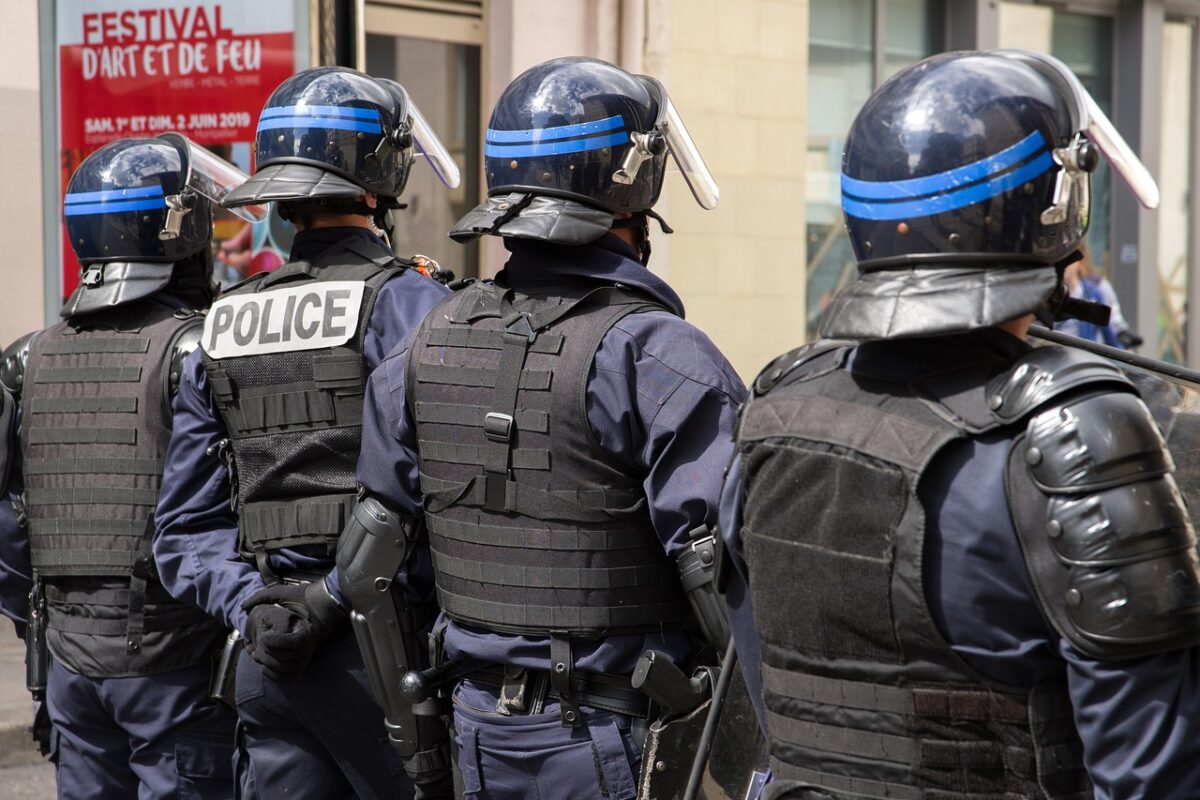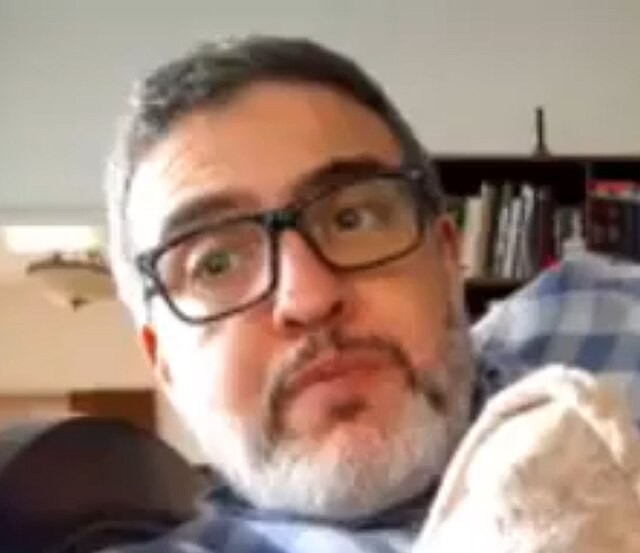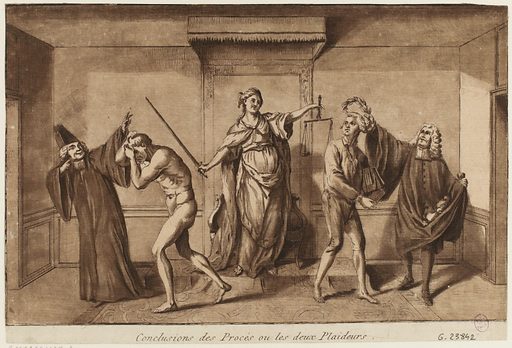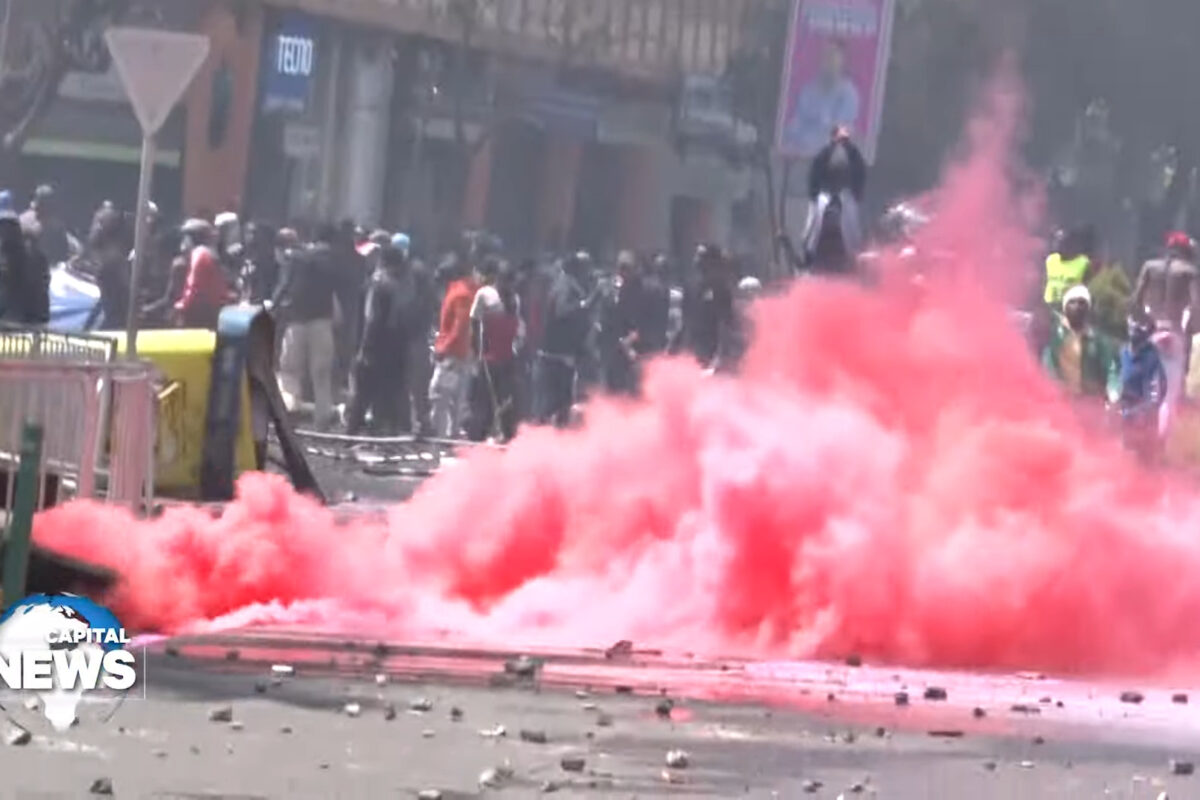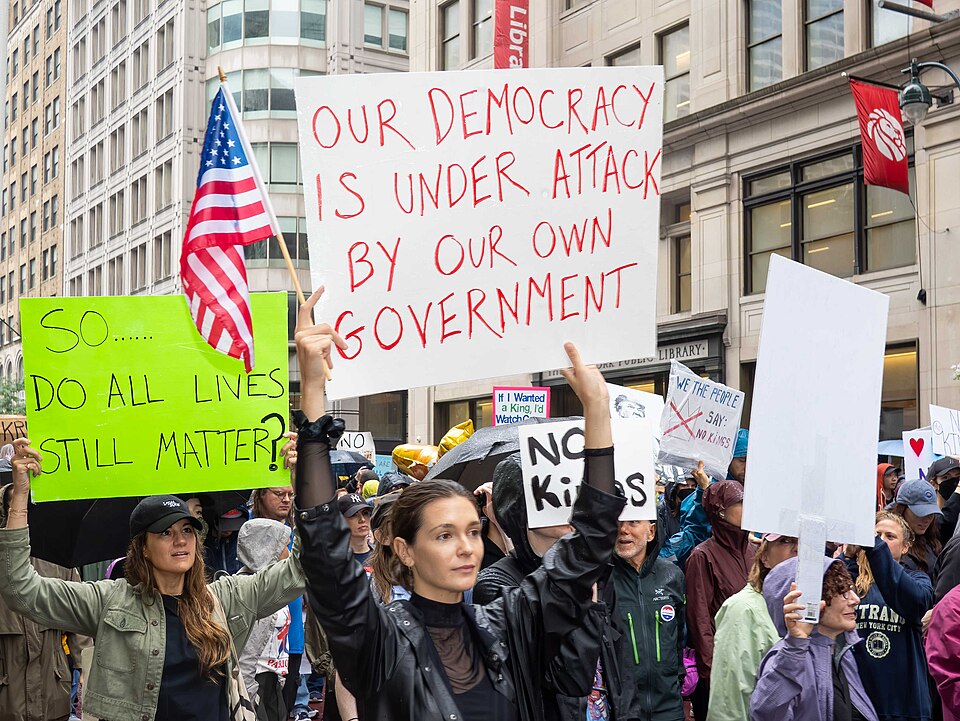Nahel was a seventeen year old rugby enthusiast who worked as a delivery man. He was stopped by police as he was driving in a bus lane, last Tuesday morning, in a car with two friends as passengers. One of the policemen asked for his licence. Both of them drew their guns and aimed them at Nahel. This is completely illegal, since the rules specify that only in a case of « absolute necessity » should guns be drawn. « Hurry up », said one cop, « You’re going to get a bullet in your head ». In response, Nahel started the car moving, and one second later was shot in the chest. He died half an hour later. One of the ambulance men, who had known Nahel since he was a small child, came across two police officers from the same brigade a couple of hours later. He shouted at them about how furious he was. Promptly he was arrested for «contempt towards a police officer » and spent 48 hours in a police cell.
The police explained, in their official report of the shooting, that one of the officers had been standing in front of the car, and that the driver had attempted to run him down, so it was necessary to shoot him. This spectacularly flimsy excuse is the classic police report in such circumstances, and was faithfully repeated on all the news channels.
But there was a video. A passerby had filmed the scene, including the threats, and social networks made sure it could not be ignored. The policeman has now been arrested and is in prison charged with murder. The second police officer, though, has not even been arrested.
Riots
On the following nights, rioting broke out in over a dozen towns around France. On Thursday night, 650 people were arrested, mostly very young. Police stations were attacked with fireworks, many were burned. The mayor of Romainville, in the Eastern suburbs of Paris explained on Friday morning « It was calmer than the previous night, but we did have a group of sixty people attacking the police station at two O clock in the morning ». This happened in over a dozen towns.
Some town halls and a number of cars were set on fire. Supermarkets and other shops were sacked. In the centre of Paris – the shops ‘Nike’ and ‘Zara’ saw all their stocks looted, as some took advantage of a situation where the police are overstretched.
The lawyer of the murderer complained on television that it was because of the riots that his client had not been allowed bail.
News channels are now inviting parents from various poor suburbs onto the TV, along with genial sociologists. The parents are asked « How can we avoid more cars being burned tonight? ». The sociologists are asked to explain how more sport and culture could help multi-ethnic youth feel more integrated into society. No one seems to be asking “How we can stop police from carrying out racist executions”, or “What sort of police training leads cops to aim a gun at you when asking for your licence?” Or indeed “What do do about the enormous fascist presence in the police force?”
Political reactions
Faced with the unrest, Macron was obliged to say that the killing was «unacceptable ». But for years he has been organizing increasing brutality in the French police force. In 2017, police engagement rules were changed to encourage the police to use their guns more, resulting a doubling of police killings. In 2022, thirteen unarmed people – almost none of them White – were shot dead by police. Thirty nine people in total were killed by police that year. Prosecutions are rare and convictions almost unheard of.
Marine Le Pen, and most of the police trade unions, have defended the shooter and claimed that he acted in self-defence. She is calling for the imposition of a state of emergency and curfews. Nazi Eric Zemmour is screaming that this is the beginning «of a race war».
Meanwhile France Insoumise MP, Clémentine Autain denounced what she called «a summary execution», and the France Insoumise is demanding a parliamentary enquiry into the murder. Jean-Luc Mélenchon of the FI tweeted «The media guard dogs say we should call for calm. We call for justice!». This statement led to Mélenchon being denounced by right wingers as a danger to the Republic.
Macron has rushed back from Brussels to chair an emergency cabinet meeting.
The authorities are afraid that the riots could spread, like they did in 2005, after two teenagers, Zyed Benna and Bouna Traore, died fleeing the police. The riots continued for three weeks and 233 public buildings were damaged. The ruling class was shaken: over the next few years, 50 billion euros were invested to improve housing and public services in 600 of the neighbourhoods involved.
Riots are complex things, and can be very hard on the local population. Committees of parents in many poor neighbourhoods and council estates are meeting urgently to see what they can do to protect their youngsters from the police, and stop the anger from hitting the wrong targets (in one or two towns, for example, schools have been set on fire). In my neighbourhood of Montreuil, the mothers’ committee was out talking to the young people all evening.
But how much worse it would be if the cops killed our children and there was no reaction! Without the riots, the policeman would not be in prison, and the official prosecutor would not have been obliged to publicly state that police firearms rules had not been followed.
Six thousand people joined a march in Nanterre Thursday under the slogan «Justice for Nahel ». There exists already a good network of small organizations fighting police violence. But we need a broader movement with the confidence to demand that the second police officer involved be arrested, that the police be disarmed, and that fascists be expelled from their ranks. That would be, in any case, a good start.
